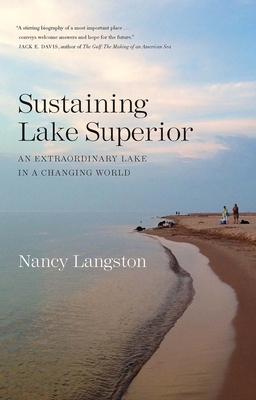Expedite your nonfiction book discovery process with Readara interviews, summaries and recommendations, Broaden your knowledge and gain insights from leading experts and scholars
In-depth, hour-long interviews with notable nonfiction authors, Gain new perspectives and ideas from the writer’s expertise and research, Valuable resource for readers and researchers
Optimize your book discovery process, Four-to eight-page summaries prepared by subject matter experts, Quickly review the book’s central messages and range of content
Books are handpicked covering a wide range of important categories and topics, Selected authors are subject experts, field professionals, or distinguished academics
Our editorial team includes books offering insights, unique views and researched-narratives in categories, Trade shows and book fairs, Book signings and in person author talks,Webinars and online events
Connect with editors and designers,Discover PR & marketing services providers, Source printers and related service providers

Sustaining Lake Superior: An Extraordinary Lake in a Changing World
Nature > Environmental Conservation & Protection - General
- Yale University Press
- Paperback
- 9780300244519
- 9 X 5.7 X 0.7 inches
- 0.85 pounds
- Nature > Environmental Conservation & Protection - General
- (Single Author) Asian American
- English
Readara.com
Book Description
Lake Superior, the largest lake in the world, has had a remarkable history, including resource extraction and industrial exploitation that caused nearly irreversible degradation. But in the past fifty years it has experienced a remarkable recovery and rebirth. In this important book, leading environmental historian Nancy Langston offers a rich portrait of the lake's environmental and social history, asking what lessons we should take from the conservation recovery as this extraordinary lake faces new environmental threats.
In her insightful exploration, Langston reveals hope in ecosystem resilience and the power of community advocacy, noting ways Lake Superior has rebounded from the effects of deforestation and toxic waste wrought by mining and paper manufacturing. Yet, despite the lake's resilience, threats persist. Langston cautions readers regarding new mining interests and persistent toxic pollutants that are mobilizing with climate change.
Author Bio
I am an environmental historian who explores the connections between waste, water, climate change, and wildlife in northern watersheds. Author of 5 books, 52 peer-reviewed articles, and public-facing journalism, I have been Principle Investigator on over $1.2 million in external funding. I served as President of the ASEH and Editor-in-Chief of the journal Environmental History.
Research Interests
Toxics, forested watersheds, and northern lakes
Environmental history
Watershed change and water quality
Mining history
Education
Ph.D., University of Washington
M.Phil, Oxford University
B.A., Dartmouth College
Source: Michigan Technological University
Videos






Community reviews
No Community reviews

